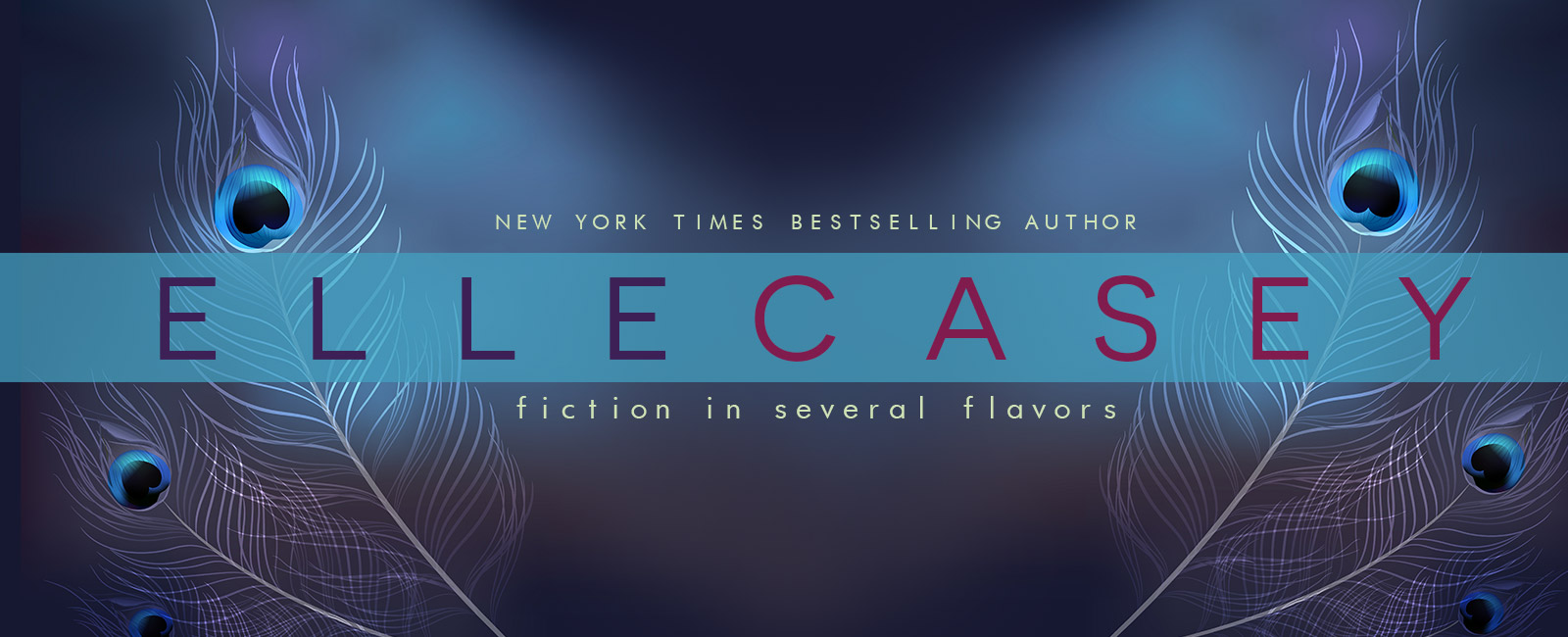HOT TIP FOR WRITERS, EDITORS, AND GRAMMATICALLY PICKY READERS
I put up a post on my FB wall yesterday asking for people to choose between 2 options for a sentence being used in my manuscript (a fantasy novel narrated by a 17 year old girl), trying to find the one that was more grammatically correct. Responders were asked to select choice A or B. About half the people who answered, though, tried to create a choice C and D and included editing comments regarding my use of adverbs in the sentence, the root form of the nouns, and other various things. Over and over I read comments regarding this utter nonsense that adverbs shouldn't be used in literature.
THAT’S RIGHT. . .I SAID IT’S UTTER NONSENSE TO CLAIM THAT ADVERBS SHOULDN’T BE USED IN LITERATURE.
I'm going to explain why in just a moment, but before I do that, I want to explain for those who don’t know my work why I think I know better than people who say this about adverbs.
If you skim through the reviews of my books, you’ll probably notice a common theme: readers find my work particularly engaging because they quickly become absorbed in the story and in the characters’ interactions. They feel like they’re “there” in the worlds I create. I’m pretty proud of those reviews and am thrilled I can do this for readers. I credit my ability to do this with the fact that I break a lot of traditional writing/editing rules. When one of my characters is narrating a book, I’m watching that character in my head. I “see” her or him. I’m “listening” to her or his voice. I’m essentially taking dictation of a movie I’m watching in my head. If that character happens to be a 17 year old girl, for example, she’s going to speak like a teenage girl. She’s going to use “really” a lot. She’s going to say, “Like,…” a lot. She’s going to snort and whine and roll her eyes and use cuss words. In my (not so humble) opinion, one of the most important things an author should pay attention to when writing is ensuring that her/his characters sound authentic in every way, because if they don’t, readers will sense it and will be put off by that character; they won’t connect with that character. And if you want readers to love your work, they need to be able to connect with its characters, even the bad guys.
So, that’s the background, and here’s my hot tip for writers and grammar-picky readers (editors, you’re next): Throw out that bullshit advice that you’ve heard from a hundred different “experts” saying writers should never use or should avoid using adverbs in their work. Instead, writers, commune with your characters and let them tell their story they way they naturally would. Readers, don't get caught up in the rules; get caught up in the story. Writers, look at who is narrating and who *should* be narrating that story. Who is your intended audience? If your intended reader is a YA genre fan (who therefore would be kids or adults reading a story that would certainly focus on teen characters), your narrator is most likely going to be a young adult and should narrate/speak like one would. If your YA novel has adult characters, consider leaving some adverbs out of their dialogue unless that adult character has a younger, more casual way of speaking. If you’re writing adult literature, the narrator is likely going to be an adult and should therefore narrate like one would. Remember, not all adults are mature, educated, or serious all the time. Again, let the *character* decide whether adverbs are appropriate, not some how-to-write-great-literature textbook.
And here’s my hot tip for editors: Yes, authors need guidance with regard to proper grammar usage, punctuation, forming clear sentences, plot consistency, avoiding all kinds of rookie mistakes (too many to list here). But any editor who tries to fit every manuscript into one box of rules is doing a disservice to the writer and her/his readers. There is no one-size-fits-all manner of editing for all novels. Every project should be approached with an appreciation not just for the writer’s voice, but the characters’ voices as well. Many of the rules you believe you “know” to be hard and fast, really should flexible (see that adverb use there? I love it! It totally gets the point across in the way I naturally speak.)
With regard to the few who will poo-poo my advice here and say something along the lines of, “What does she know? She doesn’t write great literature. . .”, I say this: what is great literature? Who decides? In my (again, not so humble) opinion, it’s readers. It’s not critics, it’s not a university, it’s not Stephen King, or Strunk and White; it’s readers. Great literature is a piece of writing (a poem, a short story, a novel, etc) that grabs the reader’s attention and emotions, pulls her/him into the story, and leaves them thinking about it, the plot, and/or characters long after the last word has been read.
In closing, I present two examples that support my assertions: First, “The Road” by Cormack McCarthy. The entire (very popular, highly critically acclaimed) novel is a morass of extremely short sentences and unmarked dialogue that many editors (insisting that the rules be followed) would have collected together, smoothed out, and put all kinds of punctuation into; and in doing so, they would have destroyed the mood of the book, which is a huge part of its appeal. Second, “The Fault in Our Stars” by John Green, which is absolutely chock full of adverbs and is narrated by a very insightful and intelligent but irreverent teen girl. The reason why people loved this book so much wasn’t just because of the plot; the narration was right on point for this character (and incidentally broke all kinds of grammatical and writing ’rules’ in the process.) Sometimes, rules should be broken, and in the literary world, the results can be spectacular.




Elle,
LOL! This post was passed along by my dad. I agree with a vast majority of what you said, most definitively, especially when it comes to a character’s POV and dialogue. As a writer, where I don’t like adverbs is where they’re used as a crutch to tell rather than show. (Example: “He left me,” she said sadly. This would work better: Tears pooled in her eyes. When she spoke, her lips trembled, and her voice shook. “He left me.”). I loved your teen examples. And let’s not forget the use of “I mean, like, wow!”
Thanks again for sharing.
How could I have forgotten that one? 🙂 xoxo Elle